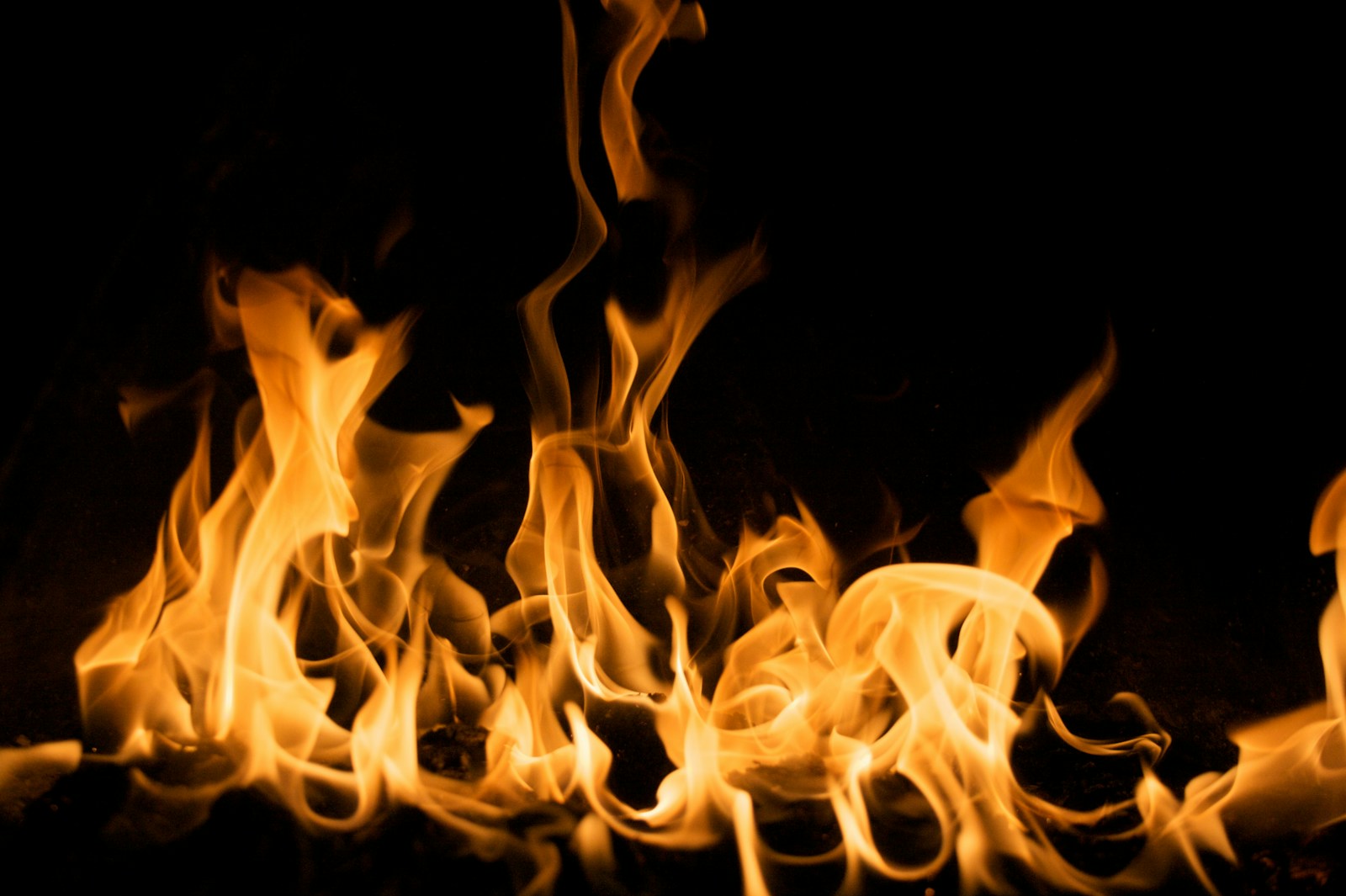
provocar un incendio

provoke a fire
The Spanish phrase 'provocar un incendio' translates to 'provoke a fire' in English. This phrase might be used when discussing how a fire starts. It could be used in different contexts such as a physical fire, or metaphorically in the sense of causing a disruption or a chaotic situation. Note that 'provocar' can mean 'provoke' or 'cause' based on context, 'un' is 'a', and 'incendio' is 'fire'.
Example sentences using: provocar un incendio
El campista fue imprudente y logró provocar un incendio.

The camper was reckless and managed to start a fire.
This sentence is about a camper whose carelessness resulted in a fire.
Si sigues jugando con fósforos, vas a provocar un incendio.

If you keep playing with matches, you're going to start a fire.
This is a warning phrase, alerting someone that their actions could potentially cause a fire.
Provocar un incendio en el bosque es un delito grave.

Starting a fire in the forest is a serious crime.
This sentence is informing that causing a fire in a forest is considered illegal.
Los piromaníacos tienen el impulso de provocar un incendio.

Pyromaniacs have the urge to start a fire.
This sentence talks about the psychological impulse of certain individuals to start fires.
No deberías provocar un incendio, podría ser peligroso.

You shouldn't start a fire, it could be dangerous.
This is an advice sentence, warning about the potential danger of causing a fire.
Jugando con fuego se puede provocar un incendio.

Playing with fire can start a fire.
This sentence describes a general fact about the risks associated with playing with fire.
En la sequía, incluso el menor descuido puede provocar un incendio.

In the drought, even the slightest carelessness can start a fire.
This sentence describes heightened risks of fire during periods of drought.
Las cenizas volantes pueden provocar un incendio en el hogar.

Flying ashes can start a house fire.
This sentence talks about the potential fire risks associated with flying ashes.
No dejaré que nadie deje entrar al invasor para provocar un incendio.

I will not let anyone let the invader in to start a fire.
This sentence talks about safeguarding against someone or something perceived as a danger or threat.
El hecho de dejar los cables eléctricos expuestos podría provocar un incendio.

Leaving electrical wires exposed could start a fire.
This sentence talks about the risks associated with leaving electrical wires exposed.